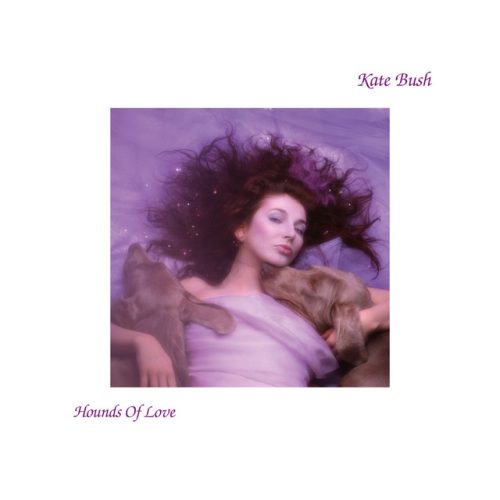You know that feeling when you’ve discovered a song and it feels personal to you?
It feels like something in that song is speaking to you, and no one else.
Then you find out that millions of people are listening to that song and it feels jaded, it feels like it’s no longer special because everyone is in on the secret!
One of the reasons “Running Up That Hill” endures is that it has exploded into popular culture twice in that way and it never feels jaded, never feels overplayed.
And I just wondered… why?
In Stranger Things 4 (you may have heard of that too) the character of Max listens to “Running Up That Hill” a lot, eventually using the song as a kind of talisman. The song is imbued with magical powers which doesn’t seem that far from the actual song itself.
And due to the popularity of the programme, “Running Up That Hill” managed to briefly become one of the most played song in the world, many years after its initial release.
But, for me at least, it never gets old.
Kate Bush wrote the song in 1985, the first song to be composed for her legendary Hounds Of Love album and it makes use of a Fairlight CMI to create the singular signature sound at the start of the song, a warped love-child somewhere between a dog’s yelp and a synth version of some string instrument or other.
The relentless drums, whilst also affected and synthetic, have a tribal quality to them since they hardly change throughout the track, almost as though the song is being used to march to a war somewhere.
Except for a synth pad running throughout the track, the odd guitar growl, and an occasional mandolin-like shimmer, there’s not much else going on.
Apart from that voice.
And what a voice. It’s totally unique, and like many of Kate’s songs, it somehow manages to be vulnerable, strong, commanding, and unbearably emotional, sometimes at the turn of a single lyric.
It carries the song to a place that is urgent and otherworldly. Kate’s harmonies are introduced just when you need them and they are, of course, quite unusual, as are the little explosions of voices in the latter half of the song.
I always thought the song was commenting on a struggle in someone’s life, this person is making a deal with God to swap places with someone, anyone that has an easier time of it, and that meaning, incorrect though it is, is what makes this song powerful. It makes the song a talisman for me, one of the few songs that can often empower me to be stronger than I think I’m able to be.
Whatever meaning people interpret from the song, that magical quality, that embedded weirdness from a place slightly removed from this reality, is what makes “Running Up That Hill” timeless, and endlessly listenable. It’s what makes it the perfect song to become almost a character of its own in a TV series, and more than just a song on the soundtrack, it’s an integral part of Max’s survival and an emotional core to her story.
It’s totally unique and sounds like nothing else, not even the other songs on its parent album.
That’s why “Running Up That Hill” endures.







